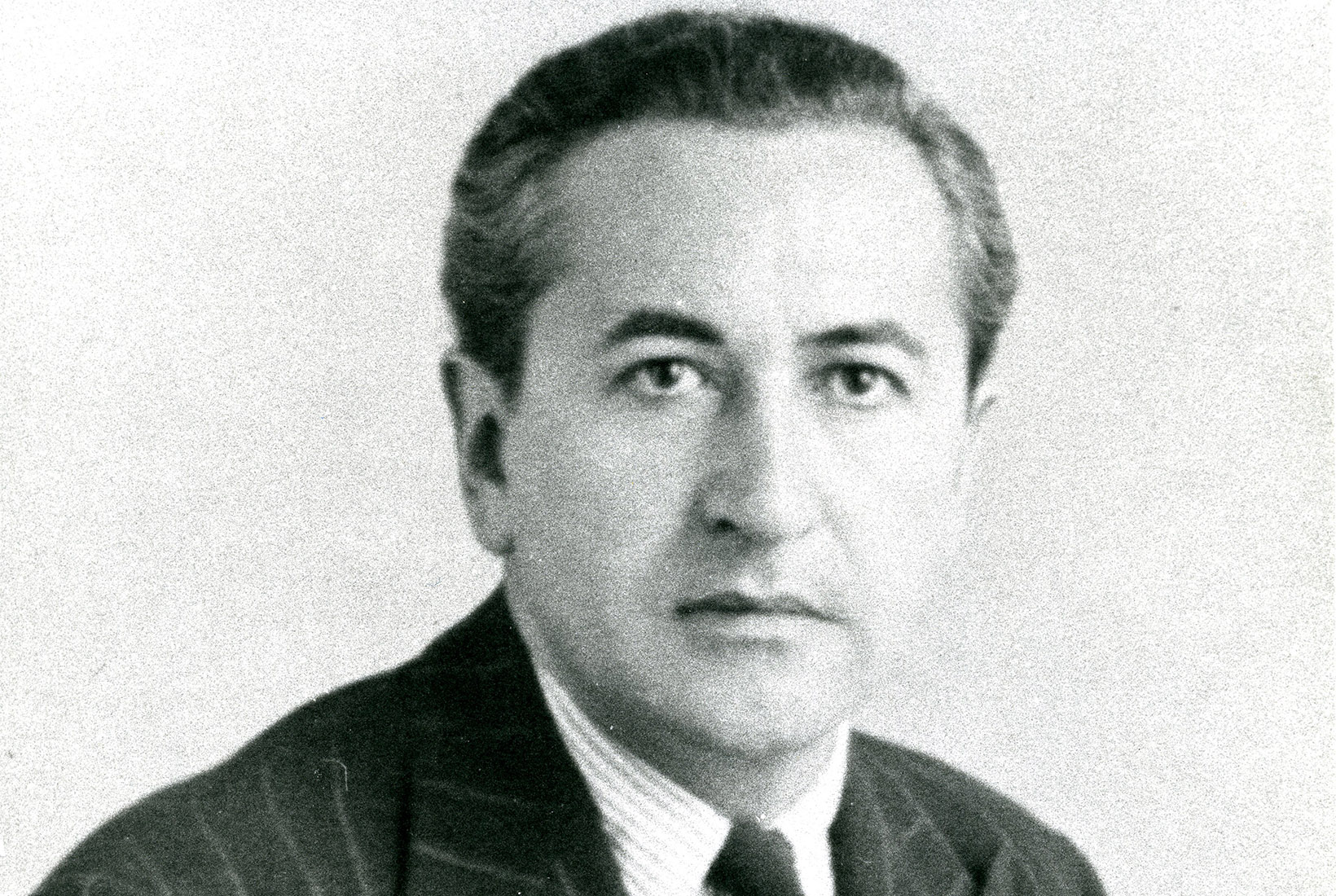The name Arthur Jeffress may not conjure many associations for those not familiar with the London post-war art world, but this wayward, flamboyant, controversial connoisseur and patron who left much of his ‘small but subversive’ collection to the Tate and the Southampton Art Gallery after his death in 1961 certainly deserves his footnote in history.
‘Small but subversive’ could describe the man as well as his collection: his fabulous wealth, inherited from Virginian tobacco plantation-owning ancestry, coupled with his rampant homosexuality, shaped a life of compulsive and conspicuous extravagance, in which art and sex vied with one another for supremacy against the backdrop of Belgravia and a palazzo just off the Grand Canal in Venice. Yet he played nothing by the book, and managed in the end to get thrown out of even that city of easy pleasures.
Jeffress would swank around in a fur coat lined with the pelt of 45 wild hamsters
American by birth but British by determined adoption, he lost no time as he came of age in sloughing off the shame of having been born in Acton. A penchant for dressing up and play-acting enlivened his days at Cambridge, and he emerged into the world of bright young people, or indeed Vile Bodies, with the funds to make a splash, hosting the infamous Red and White Party in 1931. His aesthetic taste was honed by friendships with the likes of the Sitwells and Edward Burra, and notably during his turbulent affair with John Deakin, then a belligerent and sulphurous would-be painter before he turned to photography. This ill-fated liaison was to be the most important in Jeffress’s life and, though it ended badly, Deakin was to claim ruefully on Arthur’s death: ‘I really loved the bastard.’
It was not until after his eventful war, and through his friendship with the redoubtable dealer Erica Brausen, that Jeffress at last found his métier, and it is at this point that the narrative picks up momentum.









Comments
Join the debate for just £1 a month
Be part of the conversation with other Spectator readers by getting your first three months for £3.
UNLOCK ACCESS Just £1 a monthAlready a subscriber? Log in